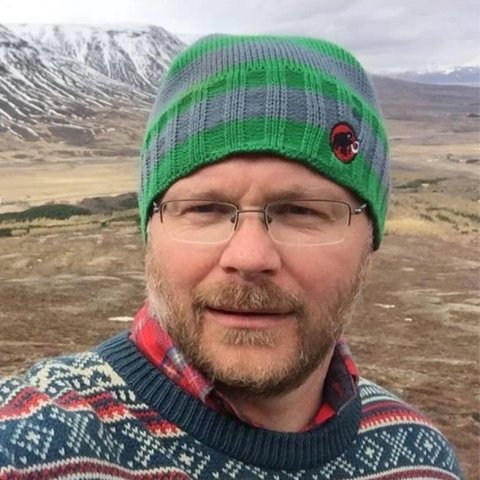Here below you can find all master courses the University Centre offers. All courses are taught in 1-3 week modules running from August through June. See how the courses are organised in the teaching schedule for both programs. Usually 2-3 courses are taught at the same time, but students may only enroll in one course at a time.
The master courses are available to you whether you plan to pursue a degree or just take a course or courses. Please review the options for guest studies to determine how you can apply.
For further information, contact the Administrative Director of Education and Teaching.
Community and the Built Environment
- Spring 2026
- Instructor: Kjartan Bollason
About the course
This course is about understanding how the built environment impacts our quality of life. We use different approaches to reach that understanding, by e.g. looking at how, depending on our different cultural background, we experience the built environment in a personal manner as well as part of society. We will undertake several field trips, mostly by foot through the town of Ísafjörður and learn about the story of planning and of the buildings of one of Iceland's oldest towns and one with the first city plan. The course also consists of lectures, group discussions and workshops.
Instructor
has a masters' degree in environmental science and teach tourism and environment at the tourism department in Hólar University in the north of Iceland. His research interest include the built environment, planning and environmental management, outdoor experience design, nature interpretation. Kjartan is a trained tour guide and has worked mostly as an outdoor and mountain guide.

Learning outcome
The course examines the perception of landscape/sea in connection with the built environment and the role of planning. This is based on the idea that the built environment, not less than nature, shapes people’s wellbeing, their sense of belonging and their willingness to live in a region or town.
On completion of the course, a student:
- can understand and connect wellbeing and sense of place to the built environment.
- has the ability to distinguish perceptions of cultural landscape and its changes in place and time.
- can explain the role of planning and planning authorities.
- has the ability to suggest changes, orally and in written form, in the built environment on a scientific basis.